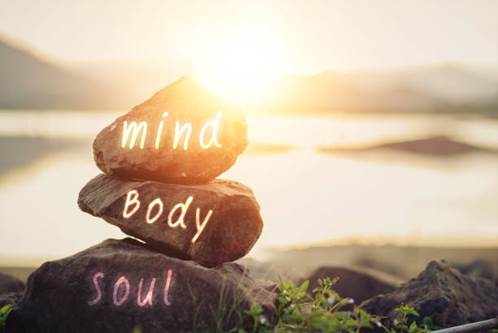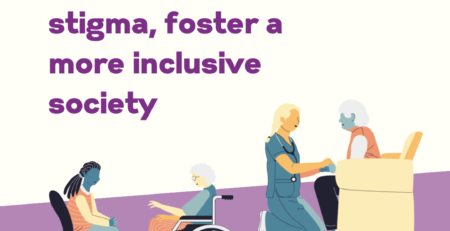The term self-care has been thrown around by the media for the past decade. According to Google trends, searches relating to self-care have more than doubled since 2015.
But what is it? Why does everyone not stop talking about it? And how do you actually “do” self-care?
A technical definition for self-care is “a multidimensional, multifaceted process of purposeful engagement in strategies that promote healthy functioning and enhance well-being.” Simply, self- care is the act of caring for your mental, physical, and emotional wellbeing. It is not just about finding ways to relax. Rather, it is about finding a balance in each of the three areas. After a stressful event you may only be required to restore balance in one of these areas.
Why Does Self-Care Matter?

But why care about self-care? Well, have you ever experienced a crazy time in your life where it felt like you didn’t have a second to breathe, let alone find time for yourself? You are not alone. When life gets busy, our first step is to reduce or remove the seemingly indulgent things we do for ourselves. E.g., Yoga: gone, catching-up with friends: gone, healthy food choices: gone. Often, we respond to these crazy times in our lives by working more and looking after ourselves less.
What if I told you that self-care can help you:
- Boost your physical health
- Make you more productive
- Improve your self-compassion
- Help you better manage stress
- Increase your energy levels
Sadly, in spite of all these benefits that self-care can bring to our lives it remains misunderstood due to a couple of myths.
Myths about Self-Care
1| SELF-CARE IS SELFISH
Engaging in self-care does not mean that you are being selfish or that you have chosen your own needs over your loved ones. It simply means you are being mindful of your own needs, so that you are better able to support the people you care about. Making time for yourself allows space to recharge your batteries and re-balance yourself. This time is what provides you with the energy required to remain present with the people you love and therefore, better able to meet the needs of others.
2| I’VE TRIED BUT THAT BREATHING STUFF DOESN’T WORK FOR ME
Meditation is simply one of many different tools that can be used for self-care. If you were told that for the rest of your life you must eat the same 3 meals every day for the rest of your life, I’m guessing you wouldn’t be excited after day 3, day 5, day 100? Just like how we have different preferences for foods, self-care is also unique to each and every person. The golden rule of self-care is that whatever activity you select, it contributes to your happiness and well-being. You are not limited to meditation as an activity for self-care. There are hundreds of different activities that could contribute to your health and well-being.
3| BUT I’M DOING FINE, I DON’T NEED SELF-CARE
Jennifer Aniston starts her day with an hour of no technology, meditation, and time with her dogs. Micelle Obama says that her go to self-care includes regular exercise, good sleep, and time to recharge. Serena Williams makes sure that once a week she has time for a facial or a massage. Even if you are travelling ‘along fine’, setting time aside for yourself actually serves to enhance self-care – boosts your energy. Adds to the smoothness of your travels.
4| I DON’T HAVE TIME FOR SELF-CARE
We’ve all had those crazy periods of time in our lives where we stop looking after ourselves. Can you recall what that felt like, trying to recover and regain your energy? If you don’t provide yourself the time to enjoy a bit of self-care, your body generally will find its own way to get the rest it needs (e.g. colds, illness, etc) – whether it’s convenient or not. Self-care does not need to be hours of meditation every day or exercising for 2 hours at a gym. In fact, 10min a day is often enough. I am sure we all can find 10min to do something we love.
5| SELF-CARE INCLUDES ANYTHING THAT MAKES YOU FEEL GOOD
As much as I’d love to say anything that makes you happy is self-care, that’s a bit of a stretch. Many of us might use alcohol, or binge watching a good Netflix series, or a bit of retail therapy to unwind after a busy day. While these things bring us happiness, self-care needs to support your health and wellbeing. So, aim for activities that are not addictive, compulsive, or harmful to your mind, body, or bank account. This could simply be a quick walk at the beach or catching up with friends.














